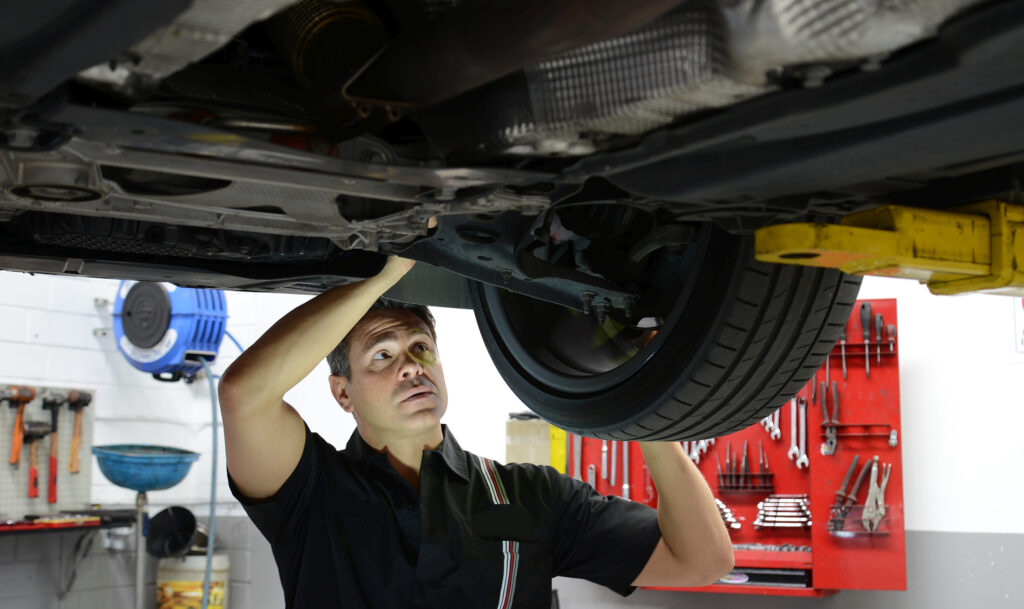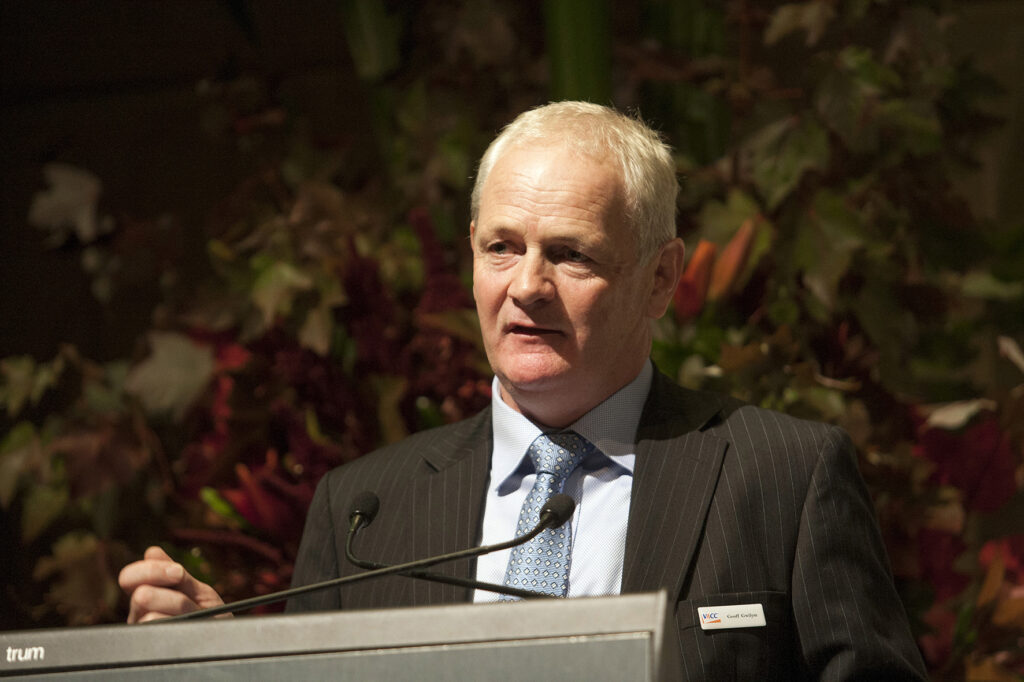Making right to repair a reality
- PostedPublished 11 December 2021

The new automotive right to repair bill promises a fairer and more competitive vehicle service industry, but it must be carefully developed to be effective
On 17 June 2021, the Competition and Consumer Amendment to the Motor Vehicle Service and Repair Information Sharing Scheme Bill was passed by the Australian senate.
The new automotive bill, which comes into effect on 1 July 2022, will grant independent mechanics and workshops fair access to the service and repair data required to maintain cars – information which, in the past, would have been only available to manufacturers and their affiliated repairers.
Allowing independents access to such information – including software updates and coding processes for parts – will help strengthen the motor vehicle aftermarket in Australia, which involves some 35,000 businesses and employs more than 106,000 Australians.
Furthermore, the move will make the industry more competitive, which will help minimise vehicle ownership costs. Customers will also benefit from improved convenience; regional communities with limited access to main dealer facilities, for example, may be instead able to utilise local workshops to get their newer cars repaired.
The Australian Automotive Aftermarket Association (AAAA), has welcomed the new bill. “It has been a long time coming but will be welcome news for the automotive industry,” said Stuart Charity, CEO of the AAAA. “We started campaigning for this law a decade ago and have been through two government inquiries and even through a voluntary agreement, in 2014, which was a complete failure.”
While the passing of the bill is unquestionably positive, some boxes remain to be ticked – including how to carefully define the legislation over the coming months, to avoid inadvertently permitting a manufacturer to shield essential information. The AAAA is, however, providing guidance to ensure that the law transpires to be realistic, reasonable and fair in the access it provides.

Associations such as the Victorian Automotive Chamber of Commerce (VACC) are also collaborating with the Treasury Department and other automotive organisations to help develop the world-leading legislation that will help independent workshops prosper.
Geoff Gwilym, chief executive officer of the VACC, said: “Australia’s global policy leadership is again highlighted as one of the few global jurisdictions to legislate a fair and balanced outcome for Australian consumers and automotive businesses.”
Significantly, the Australian Competition & Consumer Commission (ACCC) will provide oversight and enforcement, with dedicated teams to support disputes, resolutions and implementation and compliance. The ACCC will also employ penalties against those not complying with the act, which should help ensure that independent workshops have the same information as authorised dealers.
“The government will keep a close eye on industry’s response to the scheme and will work with industry, including manufacturers, to encourage compliance,” said Michael Sukkar, federal assistant treasurer, in an exclusive interview with the Australian Automotive Aftermarket Magazine. “The ACCC will regulate the scheme and there are strong penalties for violations– up to $A10 million.”
Sukkar, who has been instrumental in aiding the introduction of the bill, also said: “The Government stands ready to review and adjust the scheme in the future to respond to industry developments or actions to frustrate the scheme. Mechanisms to address these issues are built into the scheme through rule-making powers.”
A $A250,000 grant is also being provided by the government to a joint industry-led organisation that will operate an online portal that will allow for independents and manufacturers to communicate, share data and access technical advice.

“This is a huge win for car owners,” said Sukkar, in a media release from the Treasury. “The average household spends more than $1,500 a year on servicing and repairing their car. By levelling the playing field for independent repairers and creating a more competitive market, these reforms will bring down the cost of owning a car.
“Under these reforms, consumers will be able to go to a repairer of their choice, without having to worry about whether they have the information to do the job.”
This major move in the right-to-repair fight could additionally benefit those in the agricultural field. Increasingly complicated vehicles are often only supported by the manufacturer, because the data and tools required to fix or maintain them are often withheld due to mooted environmental and safety issues.
The ACCC has recognised this issue and recommended that agricultural equipment be rolled into future data-sharing schemes relating to the motor vehicle industry – and it has also highlighted it for inclusion in broader right-to-repair legislation.
Mick Keogh, deputy chair of the ACCC, said: “Competition in after-sales markets would be improved if independent repairers had access to software, tools and parts on fair and reasonable commercial terms. This is an important issue that runs across a number of industries, both in Australia and overseas.”
- CategoriesIn SightGlass
- TagsSightglass News Issue 25

